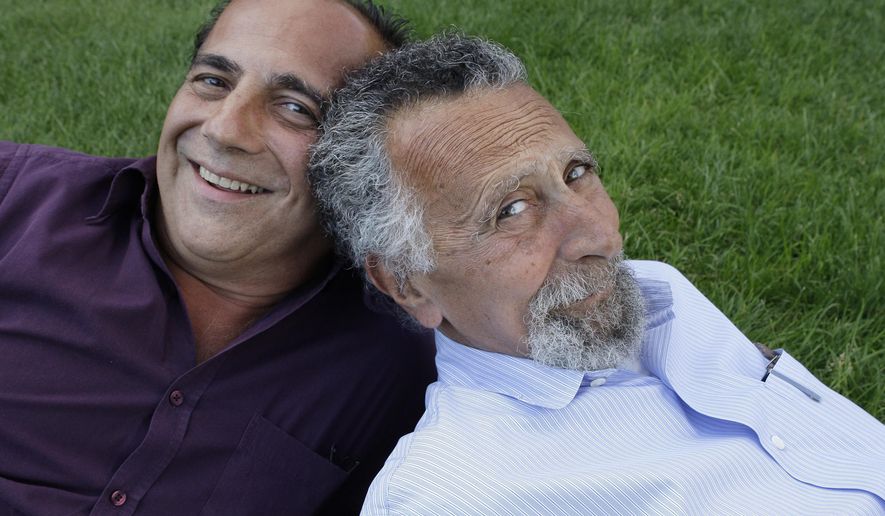OPINION:
The folks at National Public Radio are atwitter, and not just on Twitter, about something big and new for everyone to worry about. Some of the executives, producers, on-air “talent” and even some listeners are worried that “the NPR sound” is “too white.” Navels all over the building erupted last week with the broadcast of a commentary by one Chenjerai Kumanyika, “Challenging the Whiteness of Public Radio.”
This unbearable whiteness of being is just too much for Mr. Kumanyika, an assistant professor of something called “communications studies” at Clemson University in South Carolina. Mr. Kumanyika, who is black, recalled editing a script aloud last summer when he was struck dumb, if only for a moment, by the realization that he was “imagining another voice, one that sounded more white.”
Without being told, he said, “people like me learn that our way of speaking isn’t professional. And you start to imitate the standard or even hide the distinctive features of your own voice.”
Mr. Kumanyika told The Washington Post later that “this is not only about race, but about class and ethnicity, too.” His remarks started a Twitterstorm, which is not difficult to do, over how NPR should sound. NPR’s black and Hispanic journalists received tweets from thousands of sympathetic twits.
Mr. Kumanyika is a former hip-hop rapper who once performed as Hypno, front man for a group called The Spooks. He certainly spooked the powers that be at NPR, who are paid to worry about such things. There’s something at the network called “Code Switch,” a team of NPR journalists who cover race and culture, and who talk one way with their peers and another way to the public. Doesn’t everybody? But this other way is apparently what is thought “too white.”
Mr. Kumanyika and the code talkers have discovered what a lot of other radio personalities — black, white, male, female and other — learned before them, that educated speech, well-modulated voices and correct English grammar is attractive to most listeners. Ambitious “talents” have hired speech coaches to tighten drawls, eliminate languid colloquial vowels and smooth out country speech on the air. A lot of us, like Eliza Doolittle, could sometimes use a little help from Professor Henry Higgins.
The executives at NPR actually have a bigger problem than whether everyone before a microphone should speak standard or street English. It’s beginning to occur to a lot of people that satellite radio, with its scores of channels with every imaginable kind of programming, calls into question the need for taxpayer-subsidized boutique radio, of, by and for the uptown elites.
NPR should hardly need the money. The network moved into new palatial digs last year, covering 400,000 square feet of Capitol Hill, the better to spend an amalgam of taxpayer funding, individual and corporate donations, and university and foundation money. For fiscal year 2013, NPR collected $174.7 million. The network says only 2 percent of it is paid by federal taxpayers, but an earlier analysis by the American Thinker website calculated that when money from the Corporation for Public Broadcasting (itself taxpayer-financed), and funneled from tax-supported universities and the tax-deductibility of private donations are taken into account, that 2 percent figure is actually closer to 40 percent.
Public broadcasting does many things well; “Downton Abbey,” of course, is very nice. But public broadcasting is long past needing a federal subsidy. Perhaps rewriting its federal charter to enable radio and TV stations to compete in the marketplace with their commercial counterparts would teach them a thing or two about the authentic voice of genuine diversity.




Please read our comment policy before commenting.